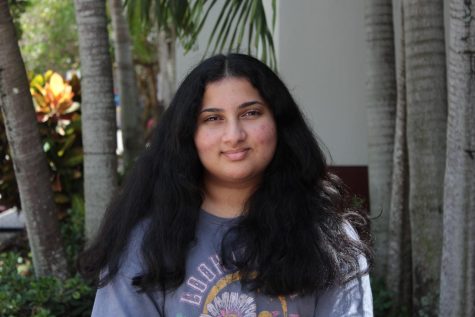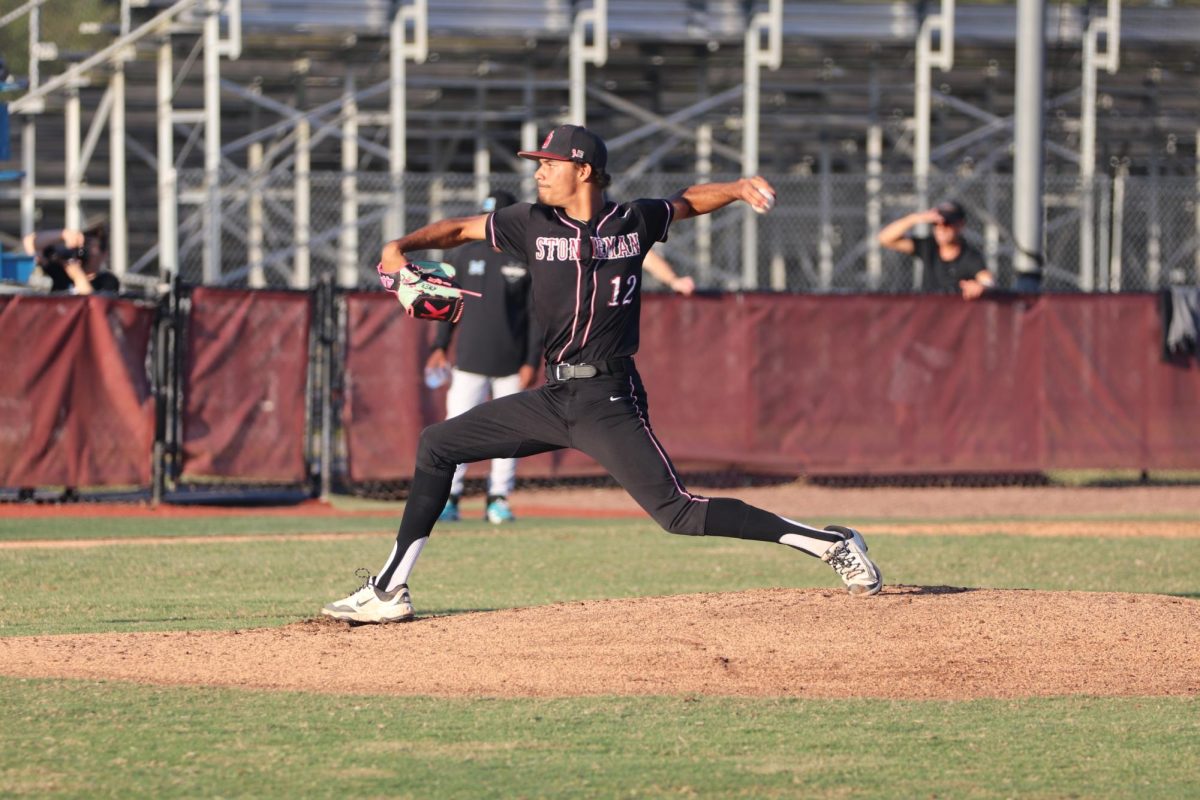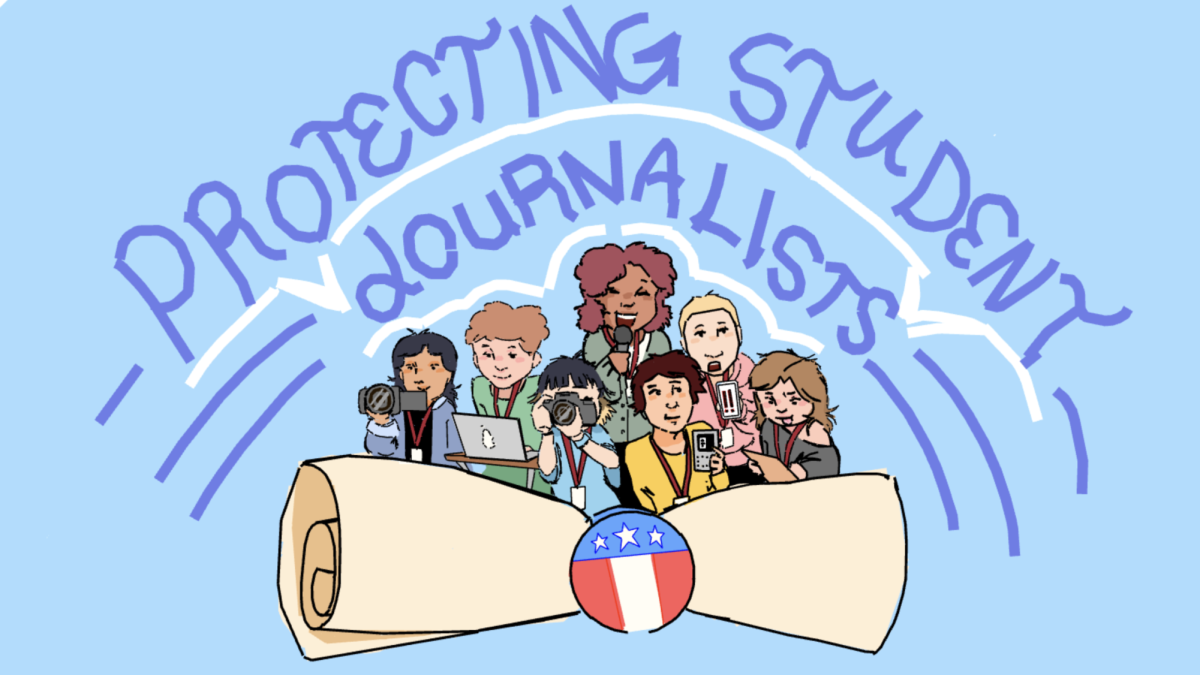[Opinion] Dues for school clubs are overpriced
Families of students can not always afford club due prices.
April 3, 2022
School clubs and organizations typically collect dues to account for the funding necessary to run and administrate the club with all its members. Dues can account for a variety of things: club t-shirts, admission into the organization or the expenses of activities planned by the organization. Although club dues are fundamental to establishing a successful club it is proving more than ever to be ridiculously overpriced.
Club dues can range anywhere from $15-$75+ depending on the organization. Larger organizations like DECA have quite a hefty price of roughly $70 from the Marjory Stoneman Douglas High School chapter. Smaller organizations such as Key Club have significantly cheaper club dues around $20.
Clubs as well as school sports also have dues members must pay to generate money to support the organization. Frankly, it is absurd that an individual must pay for admission for a singular school year into an organization of any sort.
Club dues differ greatly from sports dues;sport dues allot for buses and transport for sport events as well as uniforms for athletes and admittance into events and games. Club dues account for club events and other amenities for members.
Club due prices become even worse for students in multiple clubs and organizations especially as clubs are essential for students’ admittance into college, who then spend large sums towards the club membership. Club dues should be reduced to a maximum of $30 for clubs that require intensive funding to successfully run.
Another issue with club dues is the lack of consideration towards those who are less financially stable. Students should not be required to pay expensive dues simply as a membership into a club or organization. Not all students have the sort of money around to drop over $50 for admission into a club.
Clubs should lower their dues to become as inclusive to all the students interested in joining. Clubs can provide reduced club dues or gratuitous club dues for lower income students. These students should fill out an online form certifying their need for the benefit of reduced club dues.
Besides, less privileged students’ club dues should generally be cheaper not just for the benefit of the students paying. Also, by having cheaper dues more students are likely to join the club as they feel it is less of a financial burden to take on.
Club dues directly impact students in various clubs at once, who end up paying for membership in multiple organizations all at once. For example, many MSD students are either in DECA while still partaking in other MSD clubs.
Large organizations like DECA or Key Club also collect donations year round from students, who again are already contributing to the club through their membership dues. Donations include either cash or paid donations or item donations for item drives. Both donations and dues from clubs add up to costly amounts that not all students end up affording.
If clubs can discover and work towards cheaper dues, that would drastically impact club membership. Some students as well as parents are hesitant to allow students to join clubs and other extracurriculars in fear of added costs. Another issue is that dues are only allotted for one school year and must be paid in full each year of participation.
Clubs dues need to be reduced in price for the benefit of not only students but the membership in total. Cheaper club dues are necessary if clubs and organizations wish to remain functioning.
Clubs can find alternatives to raising funds for the organization that do not involve erratically forcing students to pay a hefty fee for admission into the club and funding for that organization. Such as instituting fundraisers to promote the club and its program as well as raise funds to provide for the club. Dues for clubs are solely overpriced due to them being allocated for many costs of running and managing a club.
In general, club dues are highly overpriced and must be lowered for all students to be allowed the same liberty when it comes to joining organizations.













